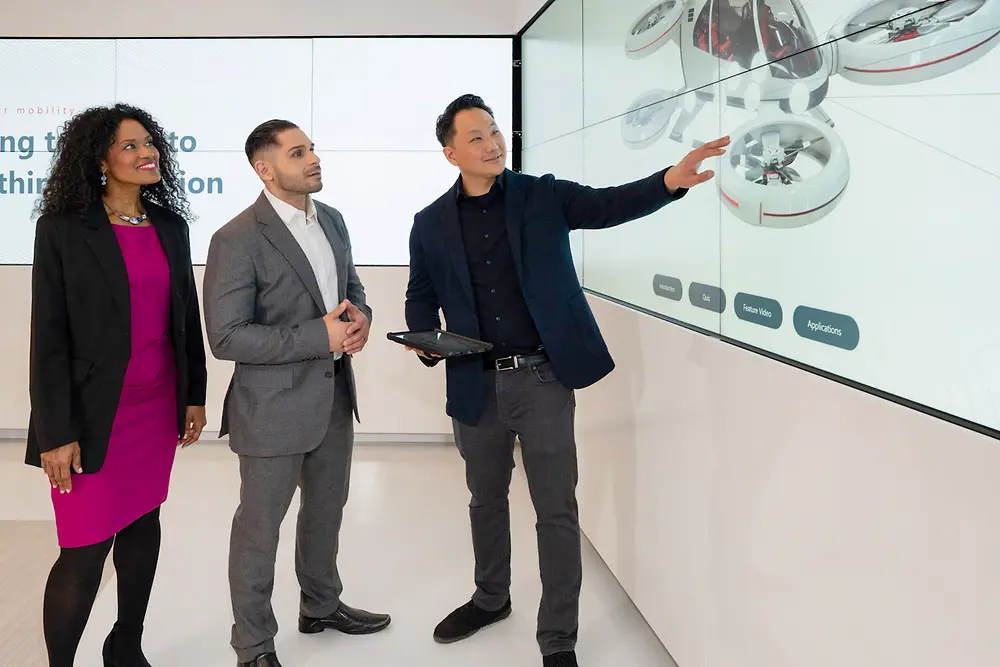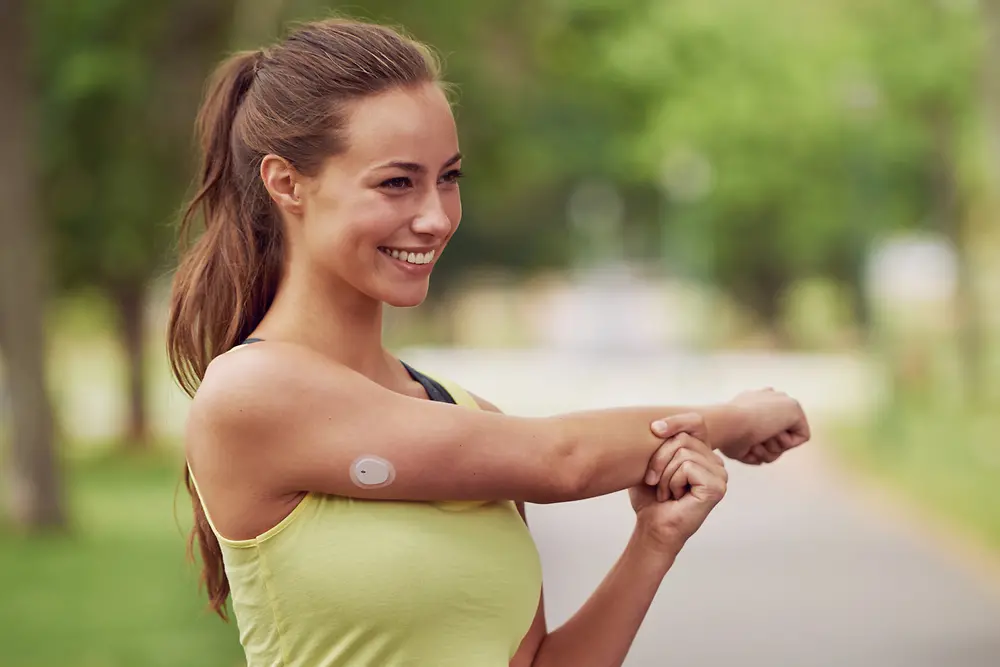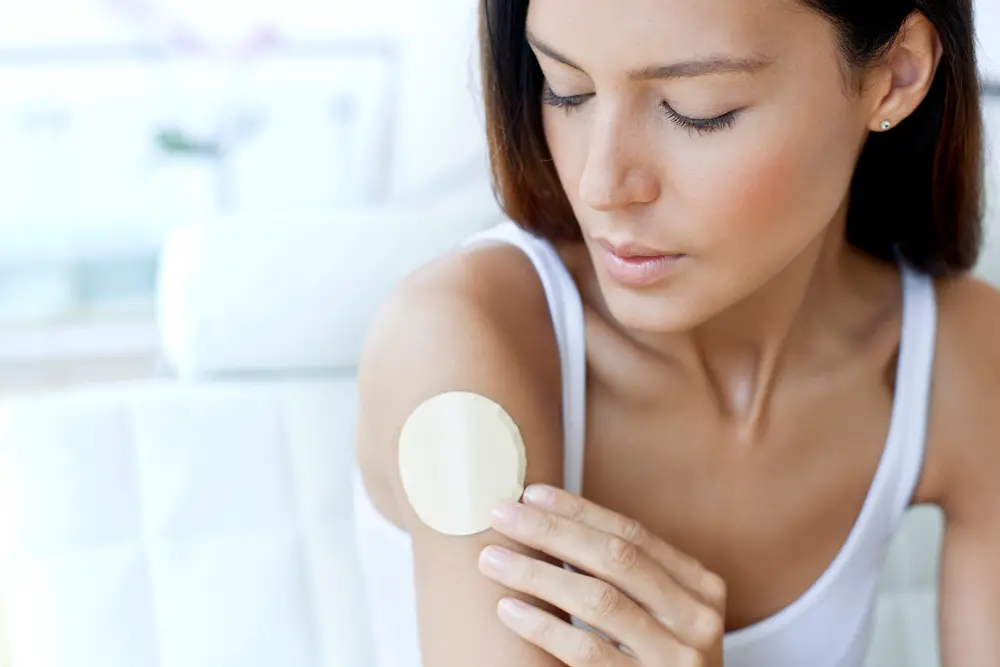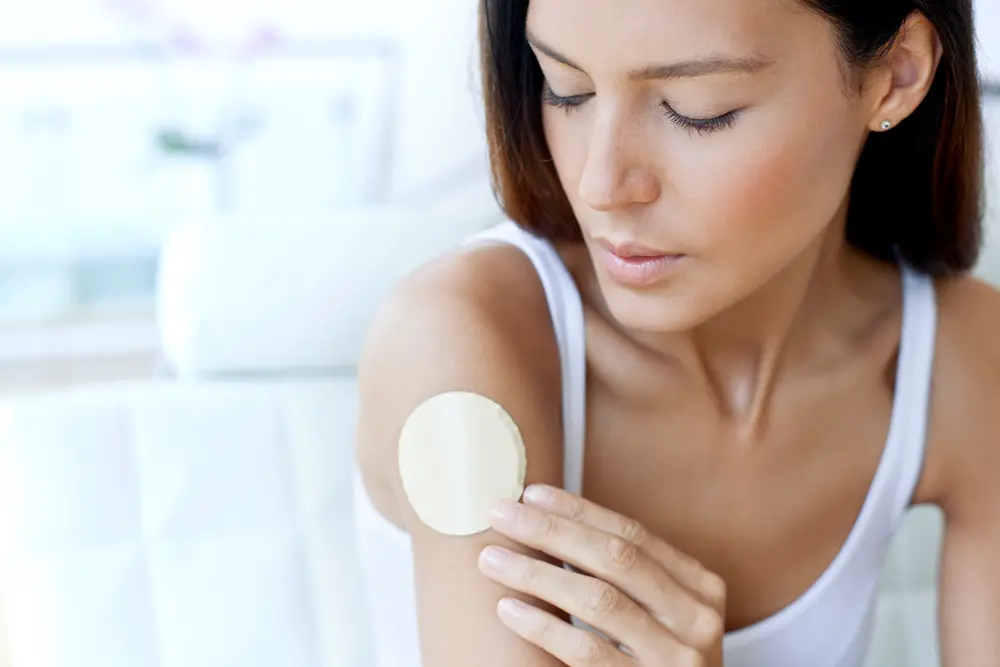Smart health patches can improve patient comfort as they allow them to remain at home while reducing the number of doctor visits or hospitalizations.
So-called smart health patches address the increasing demand for digital health solutions and remote patient monitoring. They can remotely monitor patient heartrate, respiration rate, blood oxygen, and other human body functions. Thanks to an on-skin sensor, the miniature hardware tracks relevant data, sending information to, for example, nursing staff on when to move a patient to avoid bedsores. This is possible thanks to the solutions for printed electronics that our experts at Adhesive Technologies have developed with partners over the last years. Printable materials that contain electrically conductive particles can be printed on a wide range of substrates for various sensing functions used in medical patches. Henkel also provides a selection of skin-grade pressure sensitive adhesives to anchor devices to the skin with an easy peal and stick option. These patches increase comfort levels for patients, allowing them to stay at home, while reducing the number of visits to doctors' offices or hospitals. The collection of long-term medical data can also support the healthcare professionals in diagnostics and treatment, and even lead to lower costs or fewer cases of hospitalization.













